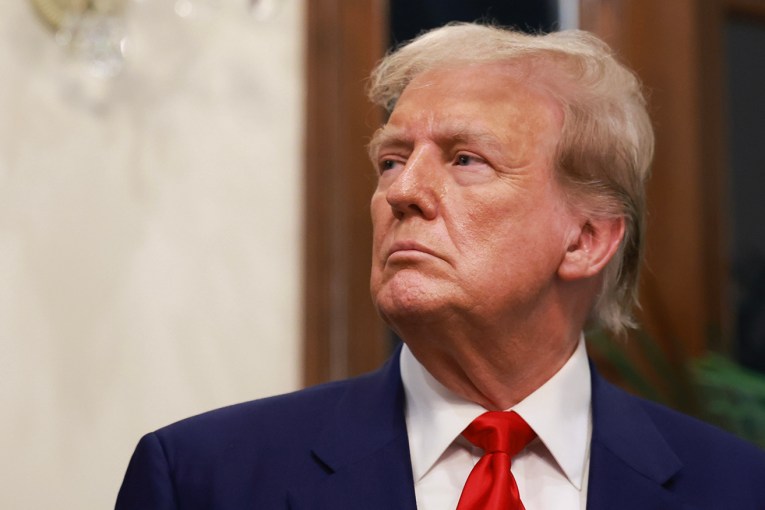Ebola: Guinea shuts its borders
The battle to contain the deadly Ebola outbreak has continued with Nigeria appealing for volunteers and Guinea shutting its land borders with two west African neighbours.
A day after the World Health Organization declared the epidemic an international health emergency, countries as far afield as India were scrambling to impose measures to curb contagion of the virus which has claimed almost 1000 lives.
The UN health agency stopped short of calling for global travel restrictions, but some countries on Saturday began imposing bans.
Zambia announced that it was denying entry to citizens from countries hit by the virus, while Chad suspended all flights from Nigeria.
Nigeria along with Guinea, Sierra Leone and Liberia are the hardest hit countries by the epidemic, which the WHO has called the worst in four decades.
Authorities in Lagos, the largest city in Africa’s most populous country, said they needed volunteers because of a shortage of medical personnel.
In Guinea, the government announced that it was closing its land borders with neighbouring Liberia and Sierra Leone temporarily to give the three countries time to take concerted action to halt contagion.
Sierra Leone meanwhile deployed some 1500 troops to enforce quarantine measures in two eastern districts where most of the country’s confirmed cases had stemmed from.
Beyond the epicentre of the epidemic, countries as far away as India were also taking action.
Airports in the Asian country of 1.25 billion people went on alert and the government opened an emergency helpline on Saturday.
India, the world’s second most populous country, has nearly 45,000 nationals living in the four Ebola-affected west African nations, and health officials said there was a possibility of some returning to their home country if the outbreak worsens.
As African nations struggled with the scale of the epidemic, the scientists who discovered the virus in 1976 have called for an experimental drug being used on two infected Americans to be made available to Africans.
The WHO, which is planning a special meeting next week to discuss the issue, said on Saturday that clinical trials of a preventative vaccine by British pharma giant GlaxoSmithKline may begin next month and be made available by 2015.






